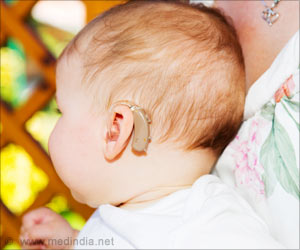A new study of 150 women took place during the height of the Coronavirus crisis between April 2020 and January 2021 before the vaccination program rolled out and was led by researchers in the University of Essex.
The study found there was a spike in reported depression rates of 30 percent from pre-pandemic levels, from 17 percent to 47 percent – with anxiety rates also jumping up 37 percent in expecting mothers to 60 percent .
It also showed that prenatal trauma, such as the one experienced during the COVID-19 pandemic, can significantly amplify vulnerability to mental health problems.
Another finding that emerged from the study was that pregnant women with higher depressive symptoms reported feeling less attached to their unborn babies.
While this result is in line with previous observations that women’s mood during pregnancy influences the early relationship with their child, it reinforces the need for authorities to support women throughout their pregnancy and the postnatal period to protect their health and their infants.
Importantly, the research also revealed the positive effect that social support plays in protecting expecting mothers’ mental health. Women who considered the impact of COVID-19 to be more negative showed higher levels of anxiety.
Crucially though, help from partners, family, and friends, and the NHS acted as a protective factor and was associated with fewer negative symptoms.
The high rates of depression and anxiety during the pandemic highlighted by the study suggest that expectant women are facing a mental health crisis that can significantly interfere and impair mother-infant bonding during pregnancy, and can potentially impact on childbirth outcome, as well as later infant and child development.
It is now hoped the research will be used to help understand how the pandemic affected children’s development, mum’s mental health post-partum, and how dads coped through pregnancy and beyond.
Source: Medindia



